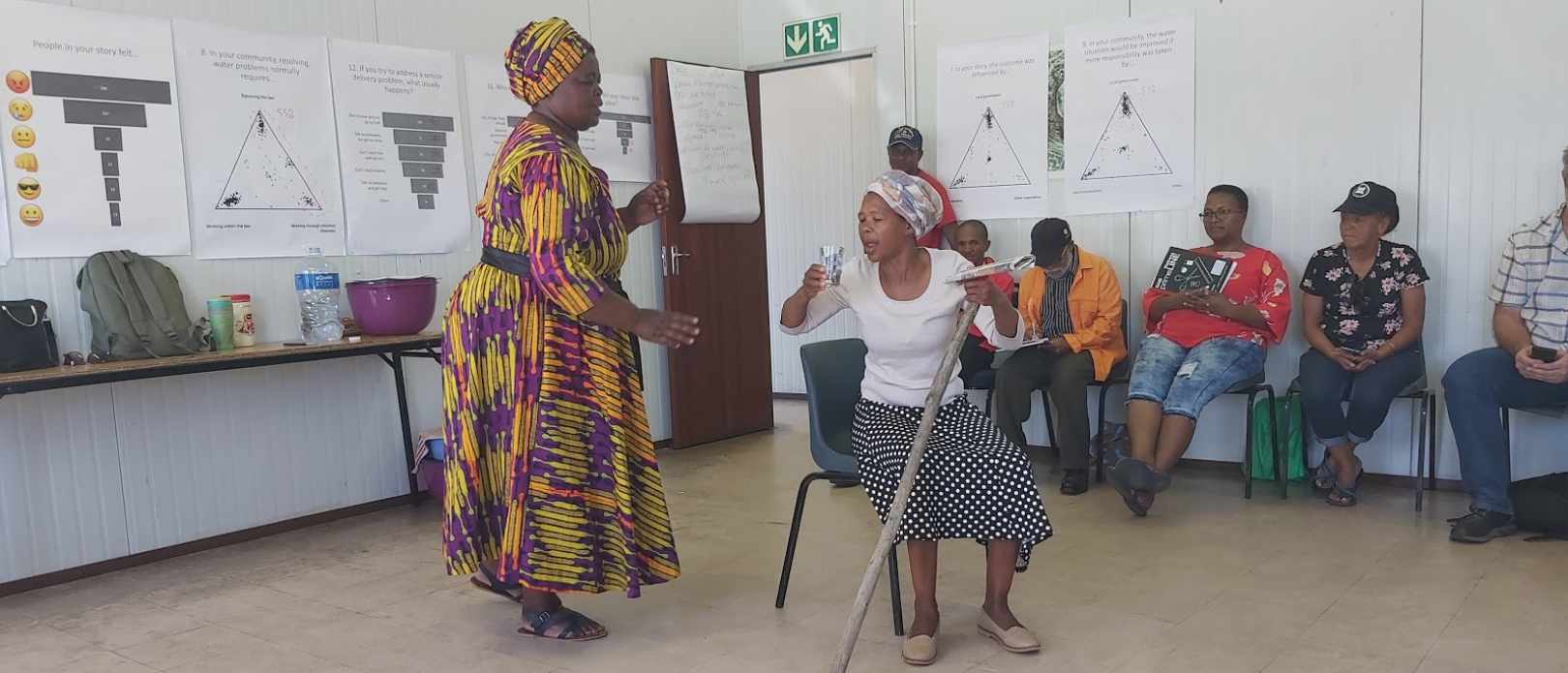Book Chapter: Multilevel Governance for Urban Water Resilience in Bengaluru and Cape Town
Summary
The multifunctionality of water in social–ecological processes complicates its governance, especially in cities where heterogenous populations lead different lives and hold different values. This challenge can potentially be addressed by combining bottom-up and top-down approaches through multilevel governance.
Drawing on research from two large, water-stressed cities in the rapidly urbanising global South, this chapter presents concrete examples of how this has been tried to various degrees of failure and success.
First, formal authorities need to recognise local initiatives and organisations as legitimate stakeholders, in order to build trust in the process and create buy-in from relevant communities. Second, it is important to understand these communities: their internal differences and power struggles, various priorities and needs, in order to design policies that will be effective and fair. Third, multilevel collaborations entails shared burdens between actors with very different abilities and resources; this requires realistic expectations and considerable facilitation in order to identify innovative and sustainable solutions to the complex set of problems at hand.
By linking conventional ‘managerial’ and grassroots ‘user’ perspectives, multilevel governance holds the potential to strengthen cities’ resilience against the broad range of challenges stemming from the multifunctional nature of urban water.







